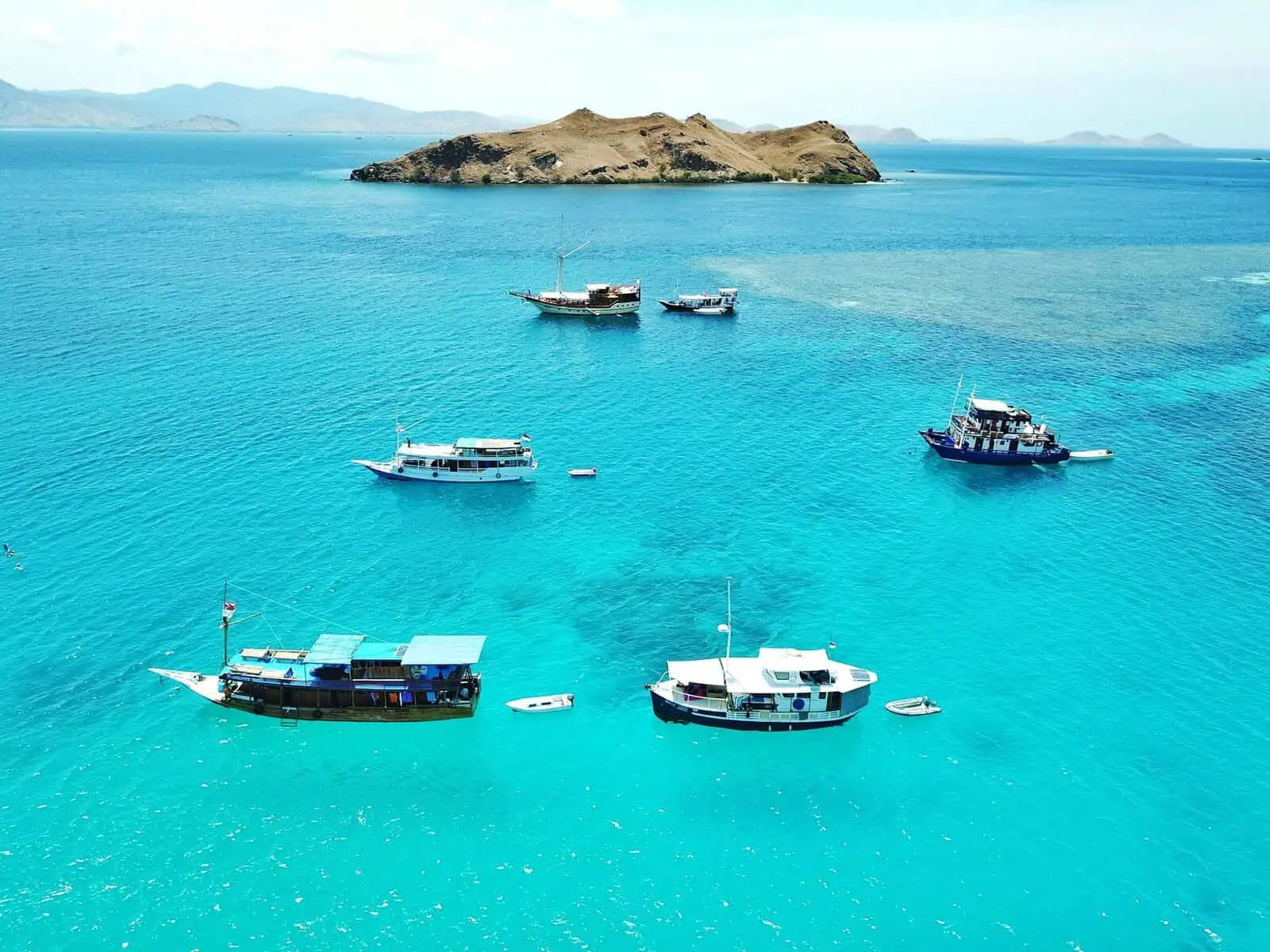Indonesia’s 17,000+ islands make it one of the world’s most compelling yacht charter destinations. From the dramatic landscapes of Komodo National Park to the incredible marine biodiversity of Raja Ampat, a private yacht offers unparalleled access to remote locations that remain off-limits to conventional tourism.
This comprehensive guide covers everything travelers need to know about planning a private yacht charter in Indonesia, including costs, logistics, best routes, and practical tips for making the most of this unique travel experience.
Why Choose a Yacht Charter in Indonesia
Indonesia’s archipelago geography makes yacht charters particularly attractive for several practical reasons:
Access to Remote Destinations
Many of Indonesia’s most spectacular locations are only accessible by boat. Remote islands, pristine diving spots, and untouched beaches that appear in no guidebooks become available when traveling by private yacht.
Flexibility and Freedom
Unlike hotel-based travel, yacht charters allow complete itinerary control. Weather changes, interesting discoveries, or simply wanting to spend extra time in a particular location all become possible when the accommodation moves with travelers.
Cost Efficiency for Groups
For groups of 6-12 travelers, yacht charters often cost less per person than equivalent luxury hotel accommodations, especially when factoring in meals, activities, and transportation between islands.
Unique Accommodation Experience
Traditional Indonesian Phinisi boats and modern luxury yachts both offer distinctive accommodation experiences unavailable elsewhere in the world.
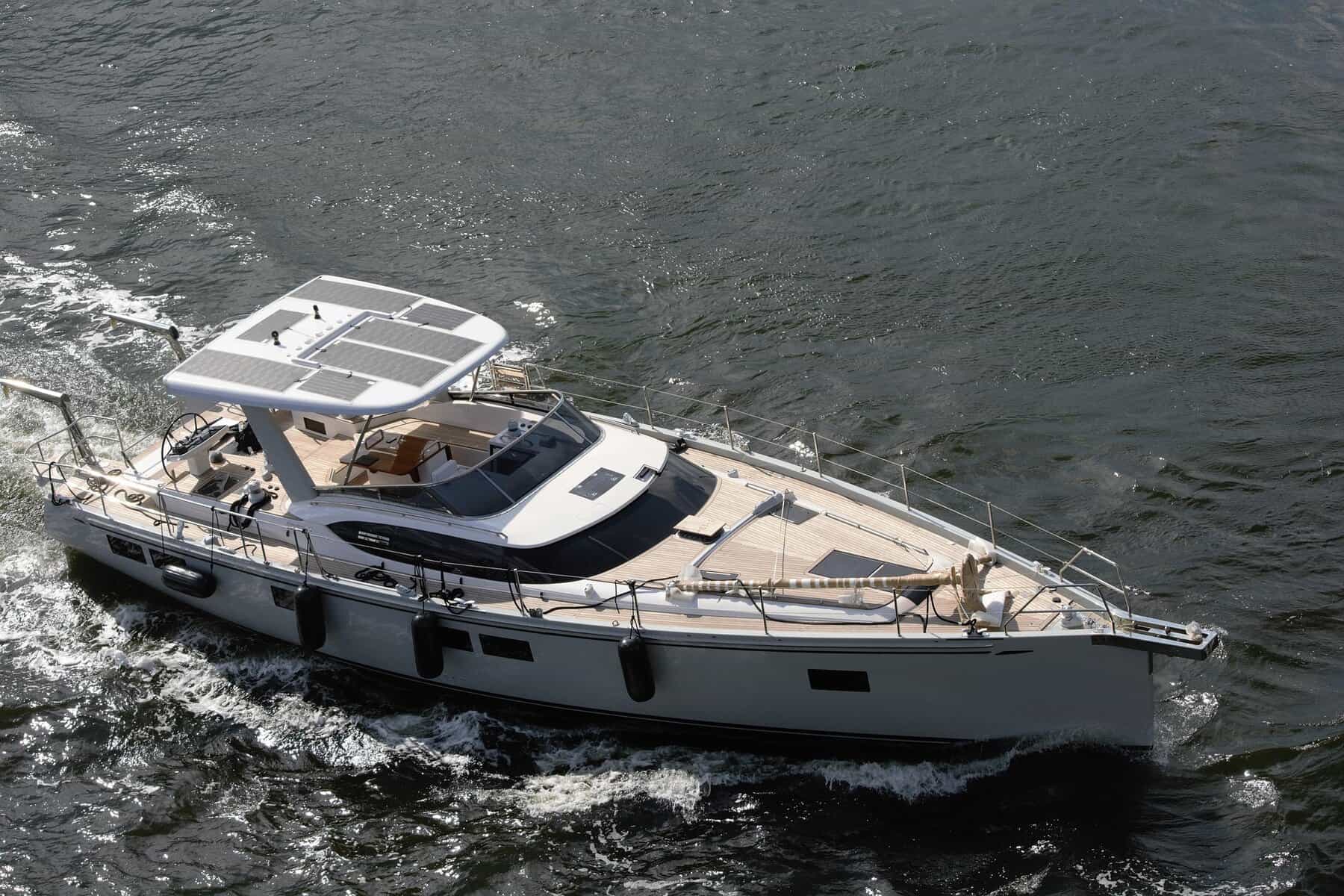
Understanding Indonesia Yacht Charter Options
Traditional Phinisi Boats
What they are: Historic Indonesian sailing vessels, typically 20-40 meters long, built using traditional techniques but renovated with modern amenities.
Best for: Travelers interested in cultural authenticity, sailing enthusiasts, and those seeking unique photo opportunities.
Typical capacity: 4-16 guests in 2-8 cabins
Cost range: $3,000-8,000 per day depending on size and luxury level
Modern Motor Yachts
What they are: Contemporary luxury vessels with state-of-the-art amenities, stabilization systems, and faster cruising speeds.
Best for: Travelers prioritizing comfort, those with mobility concerns, and groups wanting maximum onboard space.
Typical capacity: 6-20 guests in 3-10 cabins
Cost range: $5,000-15,000+ per day depending on size and specifications
Sailing Catamarans
What they are: Modern twin-hull sailing vessels offering stability and spacious deck areas.
Best for: Sailing enthusiasts, families with children, and travelers seeking good value for money.
Typical capacity: 6-12 guests in 3-6 cabins
Cost range: $2,500-6,000 per day
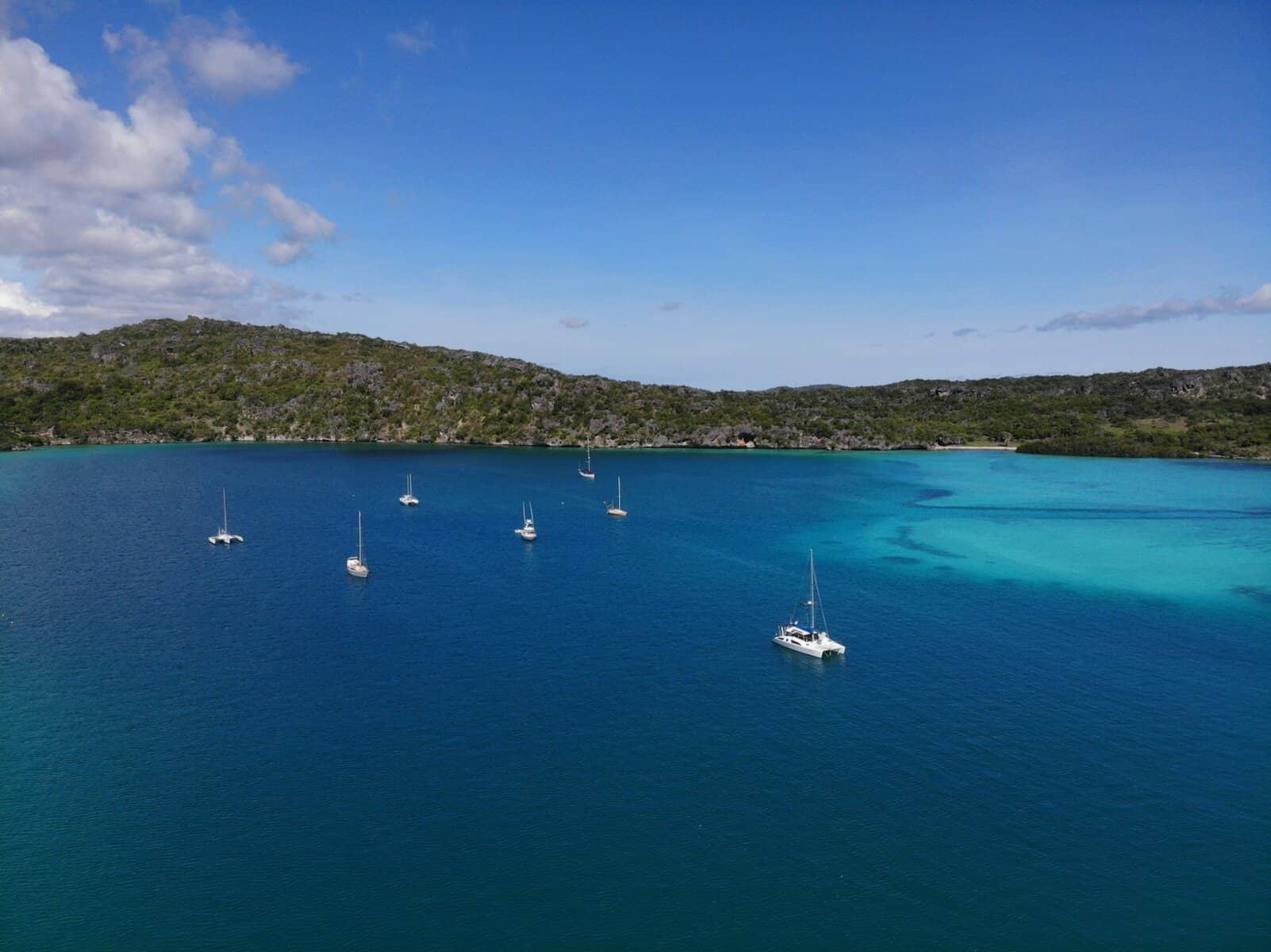
Top Indonesia Yacht Charter Destinations
Komodo National Park
Best time to visit: April-December (dry season)
Highlights: Komodo dragons, world-class diving, pink sand beaches
Typical charter duration: 4-7 days
Key anchorages: Komodo Island, Rinca Island, Padar Island
A luxury private yacht charter in Komodo typically includes guided treks to see Komodo dragons, diving at famous sites like Manta Point, and exploring the dramatic landscapes of Padar Island.
What to expect:
- Dragon encounters: Guided walks with park rangers (entry fee: $15 per person)
- World-class diving: Sites like Batu Bolong and Crystal Rock
- Hiking opportunities: Padar Island viewpoint (moderate difficulty, 45-minute climb)
- Pink sand beaches: Rare coral-sand beaches perfect for relaxation
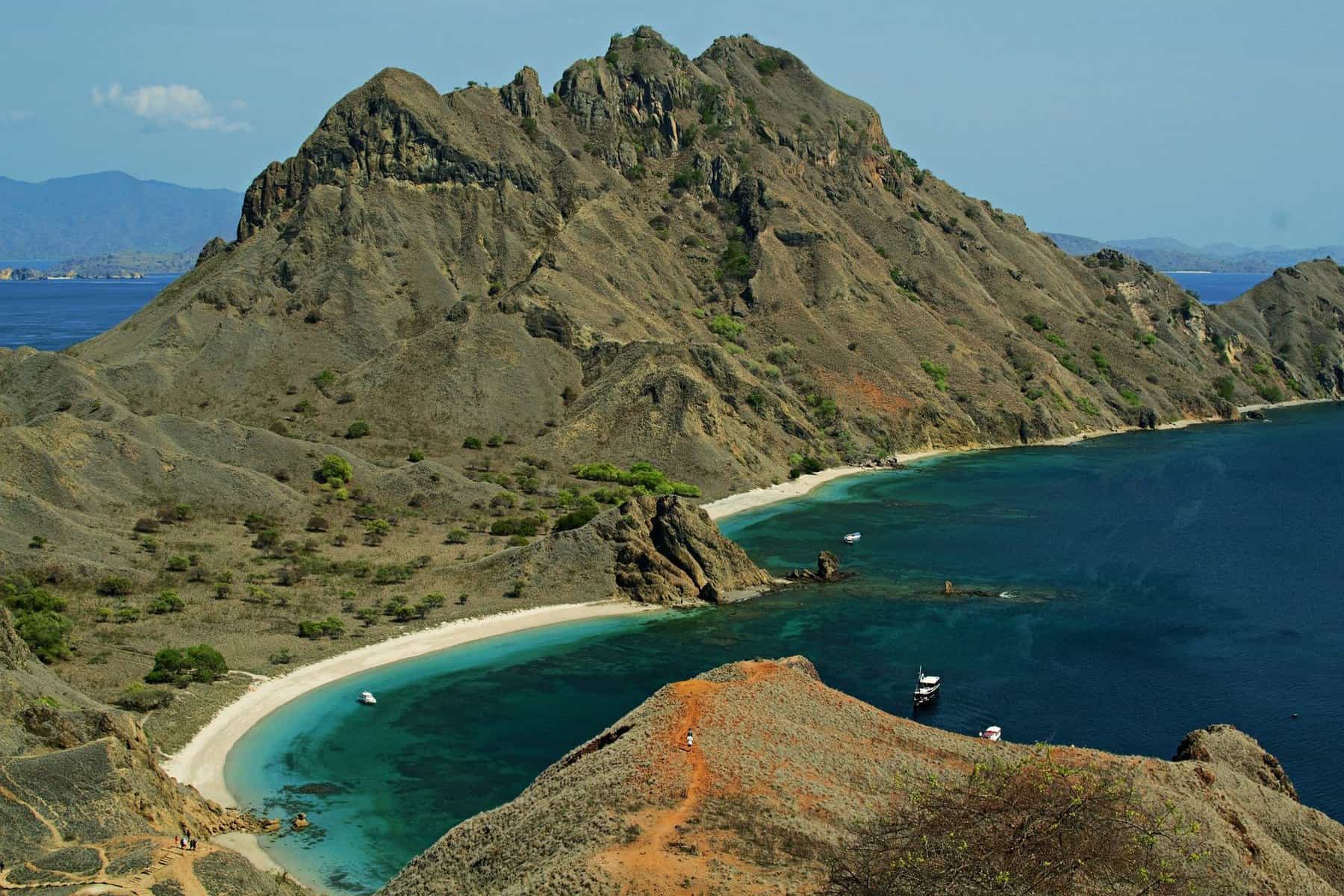
Raja Ampat, West Papua
Best time to visit: October-April
Highlights: World’s richest marine biodiversity, pristine coral reefs
Typical charter duration: 7-14 days
Key areas: Dampier Strait, Penemu Island, Arborek Village
What to expect:
- Unparalleled diving: Over 1,500 fish species and 75% of all known coral species
- Remote island exploration: Uninhabited islands with secret lagoons
- Cultural experiences: Visits to traditional Papuan villages
- Photography opportunities: Above and underwater scenes unmatched anywhere else
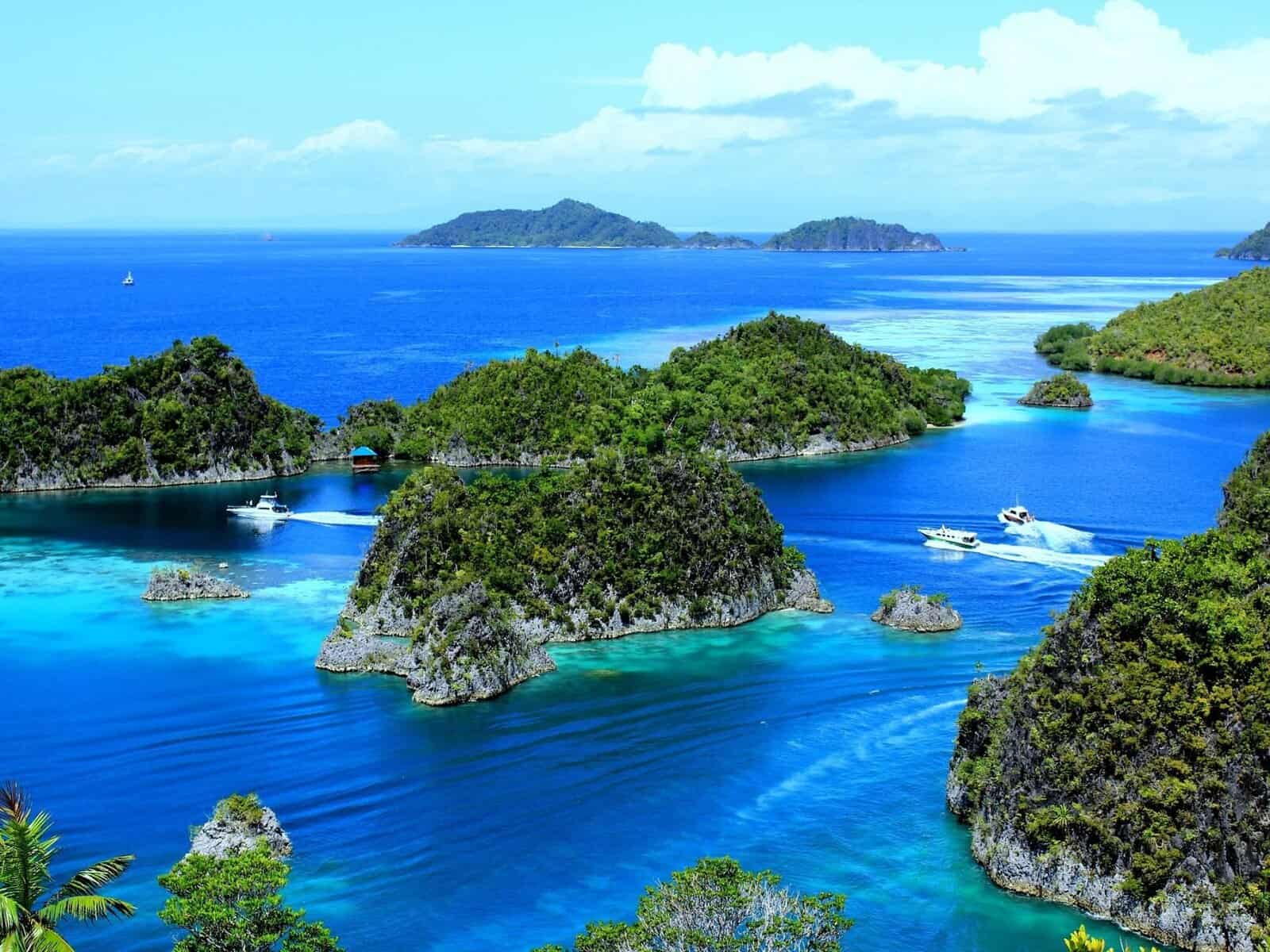
Banda Sea
Best time to visit: March-December
Highlights: Historical spice trade sites, excellent diving, volcanic landscapes
Typical charter duration: 7-10 days
Key stops: Banda Neira, Gunung Api volcano, Ai Island
What to expect:
- Historical significance: Former center of global spice trade
- Volcanic landscapes: Active volcanoes and unique geological formations
- Excellent diving: Pristine reefs with minimal tourist impact
- Nutmeg plantations: Working spice farms and colonial-era ruins
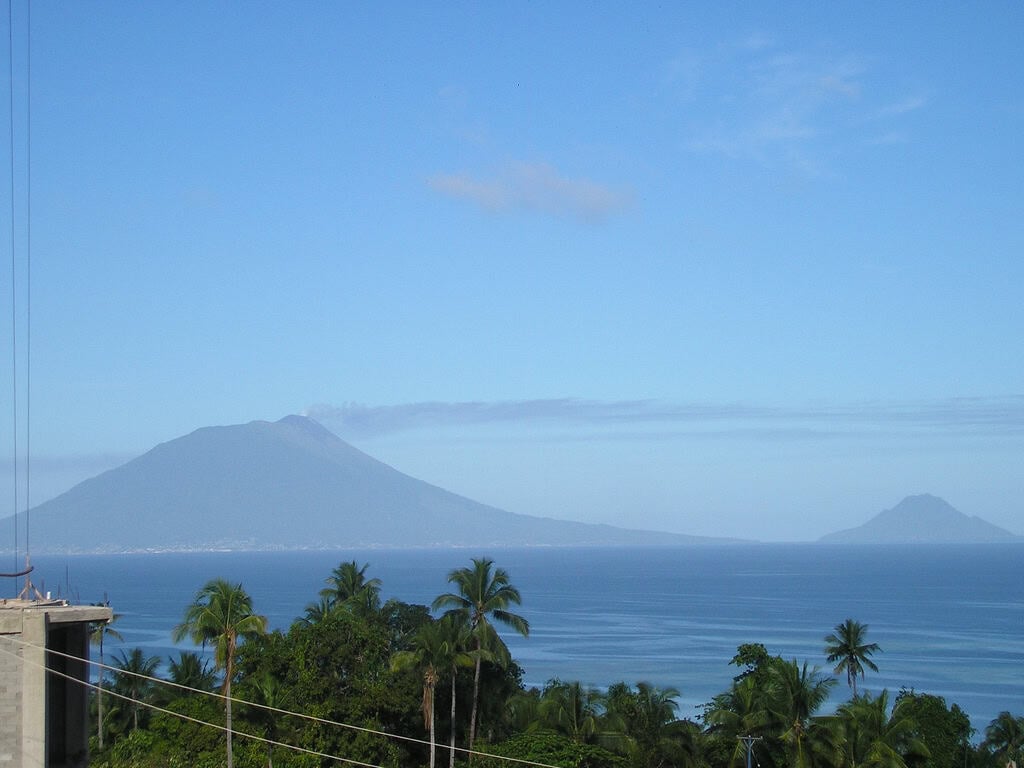
Flores and Alor
Best time to visit: April-November
Highlights: Traditional cultures, excellent diving, dramatic landscapes
Typical charter duration: 5-10 days
Key destinations: Kelimutu colored lakes, Alor traditional villages
What to expect:
- Cultural diversity: Multiple ethnic groups with distinct traditions
- Unique geology: Tri-colored crater lakes and volcanic formations
- Traditional textiles: Hand-woven ikat fabrics and weaving demonstrations
- Untouched diving: Coral reefs with minimal tourist pressure
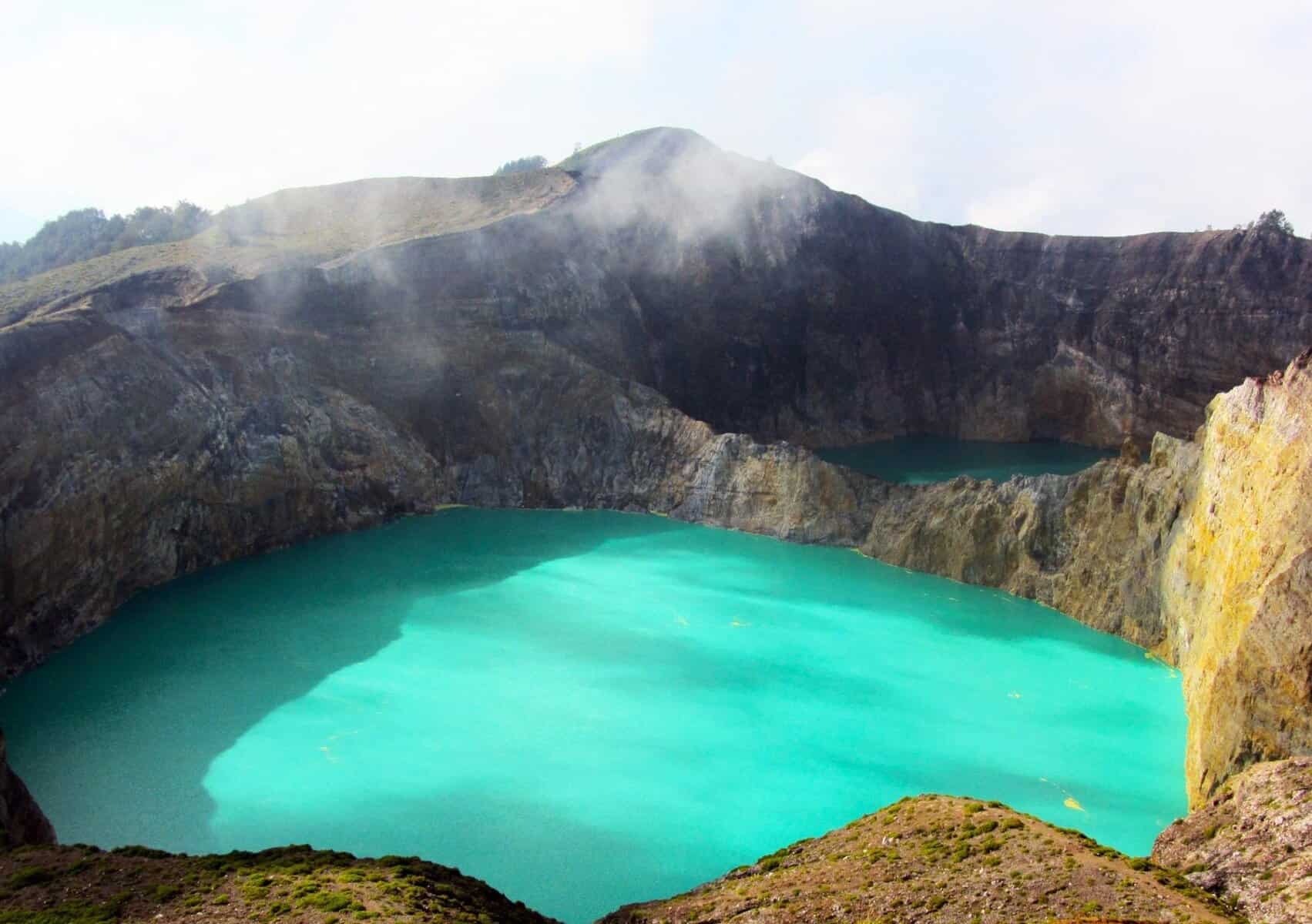
Practical Planning Considerations
Charter Costs and Inclusions
Base charter rates typically include:
- Yacht accommodation and crew
- Fuel for generators and onboard systems
- Basic snorkeling equipment
- Tender boat usage
- Standard meals and non-alcoholic beverages
Additional costs to budget:
- Fuel surcharge: $200-800 per day depending on itinerary
- Port fees and permits: $50-200 per location
- Dive guide and equipment: $100-150 per day if diving
- Premium beverages: $30-100 per person per day
- Crew gratuities: 10-15% of charter cost
- Transportation to/from departure port: $200-800 per person
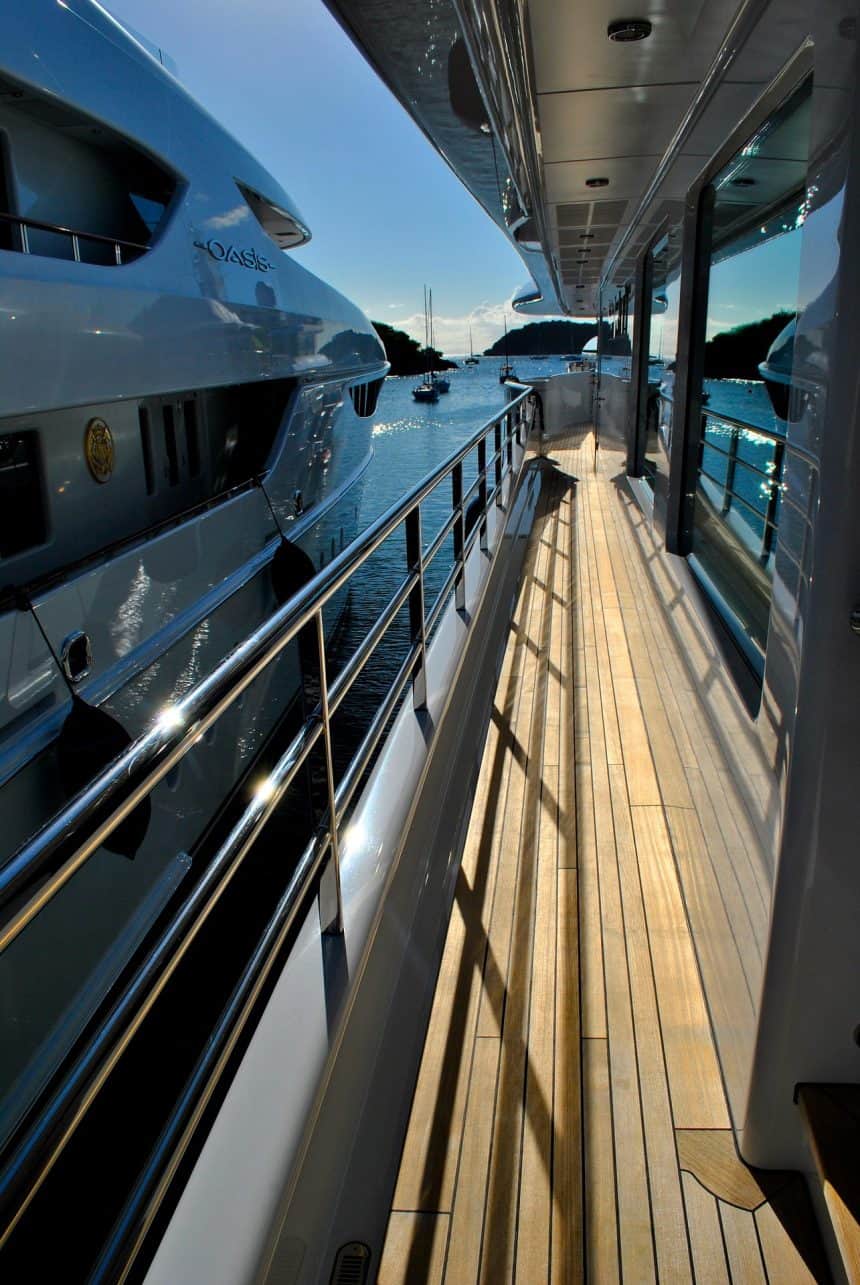
Booking Timeline and Process
6-12 months in advance:
- Research and select yacht options
- Confirm availability for preferred dates
- Secure booking with deposit (typically 50%)
3-6 months before departure:
- Finalize itinerary details
- Arrange flights to departure port
- Confirm special requirements (dietary, diving certification, etc.)
1-3 months before:
- Complete payment (remaining 50%)
- Finalize guest list and cabin assignments
- Arrange travel insurance and required vaccinations
Essential Preparations
Documentation required:
- Passport valid for 6+ months
- Indonesian visa (visa-on-arrival available for most nationalities)
- Travel insurance with water sports coverage
- Diving certifications if applicable
Recommended packing:
- Reef-safe sunscreen (SPF 30+)
- Lightweight, quick-dry clothing
- Water shoes or diving boots
- Personal snorkeling gear (masks tend to fit better)
- Waterproof phone case and camera equipment
- Seasickness medication (even for calm waters)
Health considerations:
- Malaria prophylaxis may be recommended for eastern regions
- Basic first aid knowledge helpful for remote locations
- Prescription medications in original containers
- Emergency contact information for family/employers
Maximizing the Charter Experience
Onboard Life Optimization
Typical daily schedule:
- 7:00 AM: Wake up, coffee and light breakfast
- 8:30 AM: First activity (diving, snorkeling, or island exploration)
- 12:00 PM: Return to yacht, lunch and rest period
- 3:00 PM: Second activity or sailing to next destination
- 6:00 PM: Sunset cocktails and dinner preparation
- 7:30 PM: Dinner and evening relaxation
Making the most of onboard time:
- Plan activities around weather and sea conditions
- Allow flexibility for spontaneous discoveries
- Balance active adventures with relaxation time
- Take advantage of crew expertise and local knowledge
Working with the Crew
Communication tips:
- Discuss preferences and expectations clearly at the beginning
- Be flexible with timing and activities based on conditions
- Ask questions about local culture, marine life, and destinations
- Express appreciation for crew efforts and local insights
Crew gratuity guidelines:
- Standard rate: 10-15% of total charter cost
- Distribute among all crew members
- Present at end of charter in local currency when possible
- Consider exceptional service or special circumstances
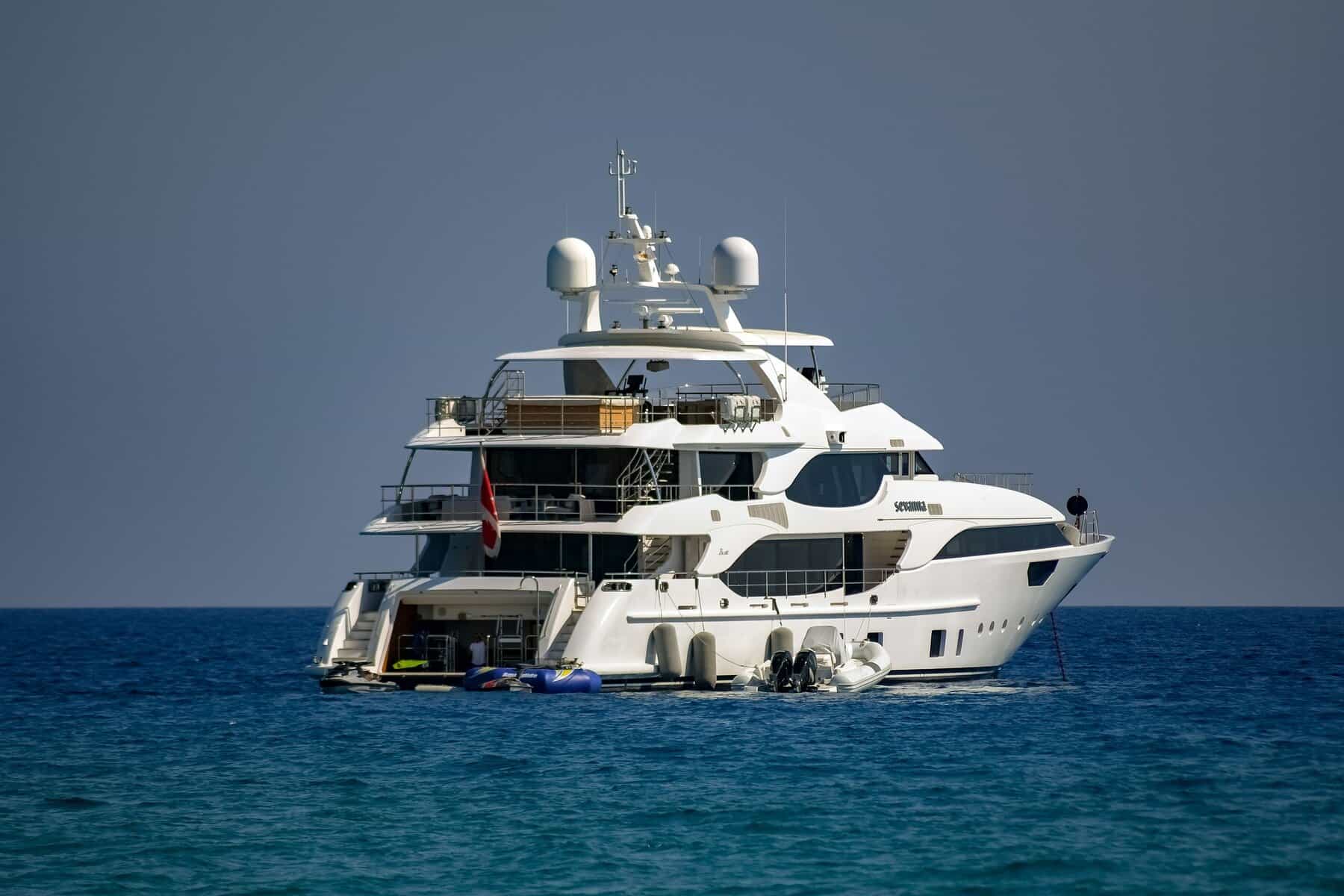
Common Misconceptions and Realistic Expectations
Weather and Sea Conditions
Indonesia’s tropical climate means weather can change quickly. Even during dry seasons, afternoon thunderstorms are common. Modern yachts handle most conditions well, but flexibility with itineraries is essential.
Realistic expectations:
- Some days may involve more sailing/motoring than activities
- Weather may require itinerary adjustments
- Remote locations mean limited connectivity
- Basic medical facilities only – serious issues require evacuation
Service and Amenities
While Indonesian yacht charters offer excellent value, service styles differ from Western standards. Crews are typically enthusiastic and helpful, but communication styles may vary.
What to expect:
- Friendly, accommodating crew with varying English levels
- Fresh, locally-sourced meals adapted to guest preferences
- Basic WiFi available but may be unreliable in remote areas
- Air conditioning in cabins but limited in common areas on traditional boats
Booking Your Indonesia Yacht Charter
Choosing the Right Charter Company
Key factors to evaluate:
- Fleet quality and maintenance standards
- Crew training and safety protocols
- Local knowledge and destination expertise
- Transparent pricing with clear inclusions/exclusions
- Positive reviews from recent guests
- Emergency response procedures and insurance coverage
Questions to Ask Before Booking
About the yacht:
- What is the yacht’s age and last major refit?
- How many crew members and what are their qualifications?
- What safety equipment is onboard?
- What are the cabin configurations and sizes?
About the itinerary:
- How flexible is the schedule for weather or preference changes?
- What activities are included versus additional cost?
- Are park fees and permits included in the price?
- What happens if weather prevents planned activities?
About logistics:
- Where does the charter begin and end?
- How do guests reach the departure point?
- What happens in case of mechanical problems or emergencies?
- What is the cancellation policy?
Alternative Options and Comparisons
Group Charters vs. Private Charters
Group charters (sharing with other travelers):
- Cost: $200-500 per person per day
- Pros: Lower cost, opportunity to meet other travelers
- Cons: Less flexibility, shared amenities, fixed itineraries
Private charters (exclusive yacht use):
- Cost: $3,000-15,000+ per day total
- Pros: Complete flexibility, privacy, personalized service
- Cons: Higher total cost, responsible for minimum group size
Yacht Charters vs. Resort-Based Travel
Yacht charter advantages:
- Access to remote, untouched locations
- Complete itinerary flexibility
- Unique accommodation experience
- All-inclusive pricing structure
Resort advantages:
- Predictable amenities and service standards
- Easier planning and booking process
- Better suited for travelers with mobility concerns
- More dining and entertainment options
Making the Most of Your Investment
A private yacht charter in Indonesia represents a significant travel investment, but the experience provides access to destinations and experiences unavailable through conventional travel methods.
Maximizing value:
- Travel during shoulder seasons for better rates
- Consider group charters if traveling with fewer than 6 people
- Book early for best yacht selection and rates
- Plan longer charters (7+ days) for better daily rates
- Use local charter companies like private yacht charter Indonesia specialists for authentic experiences and better value
Long-term perspective:
Indonesia’s yacht charter industry continues developing infrastructure and expanding destination options. Early adopters often discover new areas before they become mainstream tourist destinations, creating unique experiences that become impossible to replicate as destinations gain popularity.
The combination of world-class marine environments, rich cultural diversity, and developing tourism infrastructure makes Indonesia an ideal yacht charter destination for travelers seeking authentic experiences away from crowded tourist areas.
Whether exploring the prehistoric landscapes of Komodo or diving the coral gardens of Raja Ampat, Indonesia’s yacht charter opportunities offer experiences that remain unavailable through conventional travel methods.


